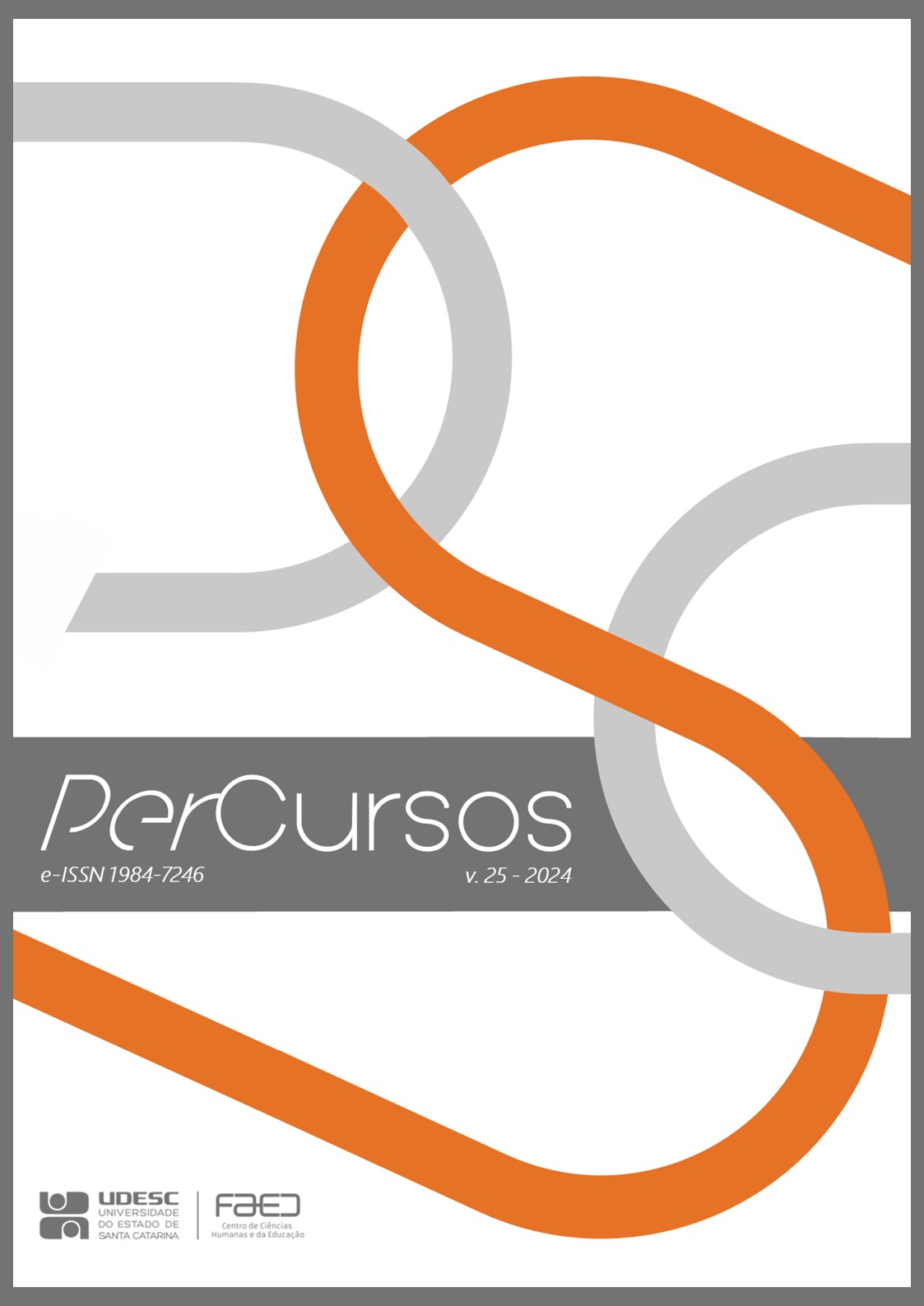School, civil society and apparatus of hegemony: a gramscian contribution to education
DOI:
https://doi.org/10.5965/19847246252024e0204Keywords:
Gramsci, school, civil society, hegemonic apparatus, cultureAbstract
Can school be considered a “private” apparatus of hegemony? Based on this question, the objective of this text is to discuss, in the light of Gramscian reflections, the determination of the school as a space of civil society, seeking answers that highlight, on the one hand, Gramsci's theoretical-methodological contributions to education today, and on the other, the political and pedagogical potential of these indications for the struggle of workers and subaltern groups to educate and direct themselves in life, aiming the achievement of a regulated and self-managed society by associated producers. The study was carried out through the systematic reading and interpretation of Gramscian writings, mainly the Gramsci’s Prison Notebooks, published in Brazil in six volumes by “Civilização Brasileira”. The terms and expressions coined by Gramsci while reflecting on the school and the “apparatus of hegemony” were extracted from the author's text with a view to problematizing their meanings, which would not be possible without a respectful and conscious analytical treatment of both unity and organicity of your thinking. Thus, the statement that the school can be understood as an apparatus of political and cultural hegemony finds in Gramsci's writings not only fruitful documentation, but also logical and historical evidence, although this assertion still needs to be deepened by researchers in the field of education, considering that, for Gramsci, there is a deep articulation among school, hegemony and politics.
Downloads
References
CCOUTINHO, Carlos Nelson. Gramsci: um estudo sobre seu pensamento político. 2. ed. Rio de Janeiro: Civilização Brasileira, 2003.
DORE, Rosemary. Gramsci e o debate sobre a escola pública no Brasil. Cad. Cedes, Campinas, v. 26, n. 70, p. 329-352, set./dez. 2006.
GRAMSCI, Antonio. Cadernos do Cárcere. Introdução ao estudo da filosofia: a filosofia de Benedetto Croce. Rio de Janeiro: Civilização Brasileira, 1999. v. 1.
GRAMSCI, Antonio. Cadernos do Cárcere. Os intelectuais. O princípio educativo. Jornalismo. Rio de Janeiro: Civilização Brasileira, 2001. v. 2.
GRAMSCI, Antonio. Cadernos do Cárcere. Maquiavel. Notas sobre o Estado e a política. Rio de Janeiro: Civilização Brasileira, 2007. v. 3.
GRAMSCI, Antonio. Cadernos do Cárcere. Temas de Cultura. Ação católica. Americanismo e fordismo. Rio de Janeiro: Civilização Brasileira, 2007. v. 4.
GRAMSCI, Antonio. Cadernos do Cárcere. O Risorgimento italiano. Notas sobre a história da Itália. Rio de Janeiro: Civilização Brasileira, 2002. v. 5.
GRAMSCI, Antonio. Cadernos do Cárcere. Literatura. Folclore. Gramática. Apêndices: variantes e índices. Rio de Janeiro: Civilização Brasileira, 2002. v. 6.
GRAMSCI. Antonio. Escritos políticos (1910-1920). Rio de Janeiro: Civilização Brasileira, 2004. v. 1.
MANACORDA, Mario Alighiero. O princípio educativo em Gramsci. Campinas: Alínea, 2008.
NOSELLA, Paolo. A escola de Gramsci. 4. ed. São Paulo: Cortez, 2010.
SEMERARO, Giovanni. Gramsci e a sociedade civil: cultura e educação para a democracia. 2. ed. Petrópolis: Vozes, 2001.
Published
How to Cite
Issue
Section
License
Copyright (c) 2024 PerCursos

This work is licensed under a Creative Commons Attribution-NonCommercial 4.0 International License.


